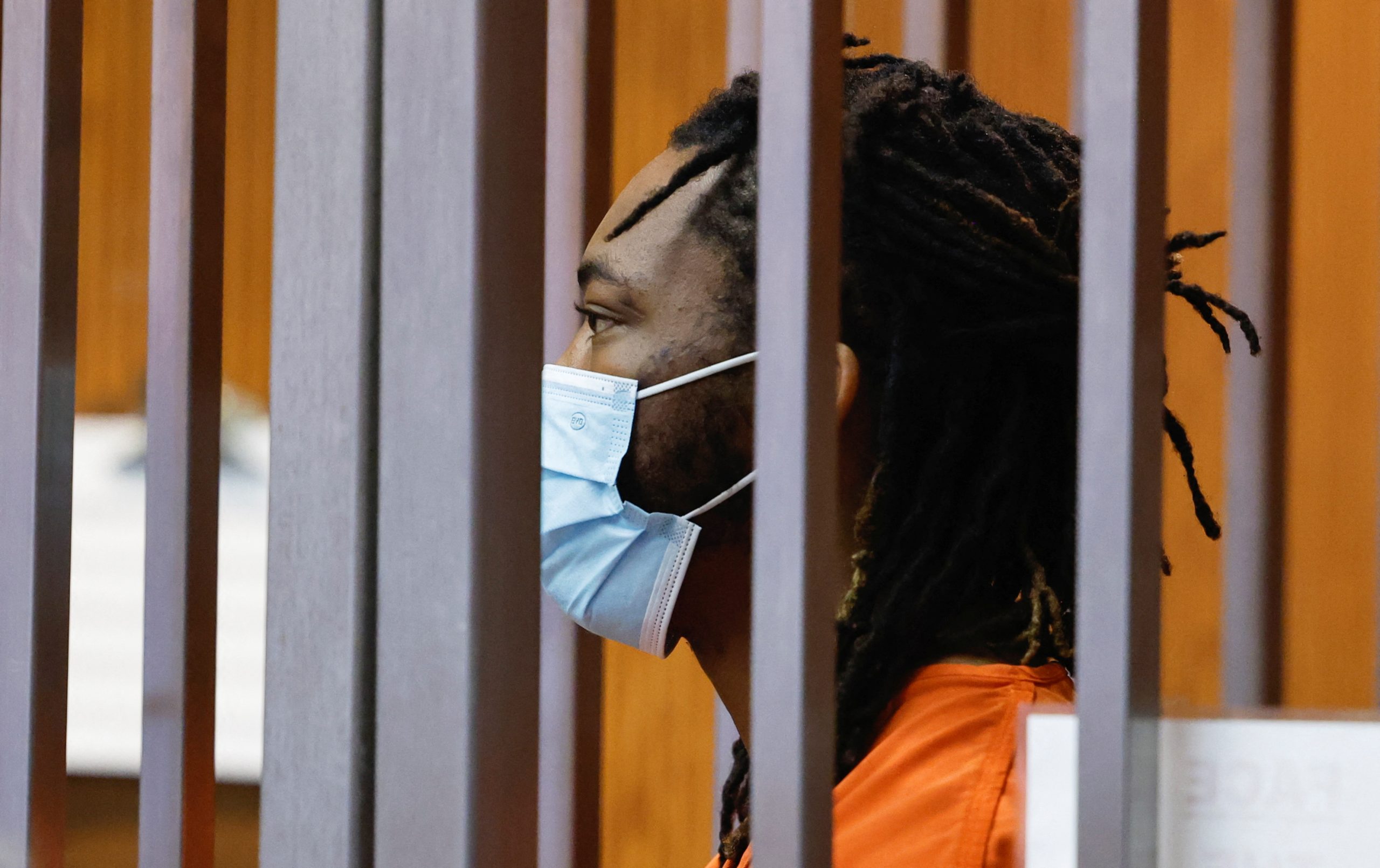
Megan Udinski, FISM News
[elfsight_social_share_buttons id=”1″]
Due to lenient California law, a 27-year-old suspect from last Sunday’s mass shooting in Sacramento that left 6 dead and ten injured was released after serving less than half of his 10-year sentence for a felony conviction along with a criminal history that crosses state lines.
Smiley Allen Martin was released in February and would have still been behind bars when the shooting took place if he had served out his entire sentence.
According to California law, Martin served time for nonviolent offenses including punching his girlfriend, dragging her out of the house by her hair, and whipping her with a belt. These crimes did not constitute as violent offenses, as California penal law only acknowledges about two dozen crimes that carry higher sentencing, including murder, rape, kidnapping, and arson.
Gregory Totten, chief executive officer of the California District Attorneys Association and a former Ventura County district attorney explained, “[Prison officials have] been given very broad authority to early release folks and to give them additional credit and all kinds of considerations for purposes of reducing the length of sentence that somebody serves.”
Martin’s shortened sentence was because California “has implemented various credit-earning opportunities to incentivize good behavior and program participation for incarcerated individuals, including those created in furtherance of Proposition 57— which was overwhelmingly approved by voters,” according to state corrections spokesperson Vickey Waters.
Proposition 57 contains credits focusing on good conduct by felons who follow all the rules and complete their assigned duties.
Smiley Martin’s younger brother, Dandrae Martin, was also one of the shooters and had been arrested a day prior on charges of assault with a firearm according to Sacramento Police Sgt. Zach Eaton. Smiley was the second person arrested in connection to the mass shooting.
Martin was originally denied parole in 2021 and prosecutors said he “clearly has little regard for human life and the law.” In a letter to the parole board, Deputy District Attorney Danielle Abildgaard wrote, “Inmate Martin has, for his entire adult life, displayed a pattern of criminal behavior.”
Will Matthews, spokesperson for the Californians for Safety and Justice group, supports the state’s felony initiatives saying, “The most recent reforms in California are seeking to change a culture that has been churning out recidivism problems for generations. The question we need to be asking ourselves is, how are we engaging in behavior change?”
However, Sacramento Mayor Darrell Steinberg, a progressive Democrat stated, “If people have a history of committing violent acts, and they have not shown a propensity or willingness to change, I don’t think they should be out on the streets.”
Republican state Sen. Jim Nielsen, who has experience heading the state parole board, has come out strongly against early release programs. He explained that “good time” credits are generally awarded automatically, without inmates having to do anything to earn them giving corrections officers the opportunity to free up beds.
Many believe the real motivation for the soft policies is that the state is maneuvering to come in below the threshold of inmates instituted by federal courts in Proposition 47. These policies overall have proven to be counterproductive, resulting in lighter sentences and less justice.
According to the Associated Press, Martin was on Facebook live just hours before the shooting, wielding a handgun in violation of his parole.
The mass shooting in Sacramento was verified by the police to be a shootout between rival gangs.
